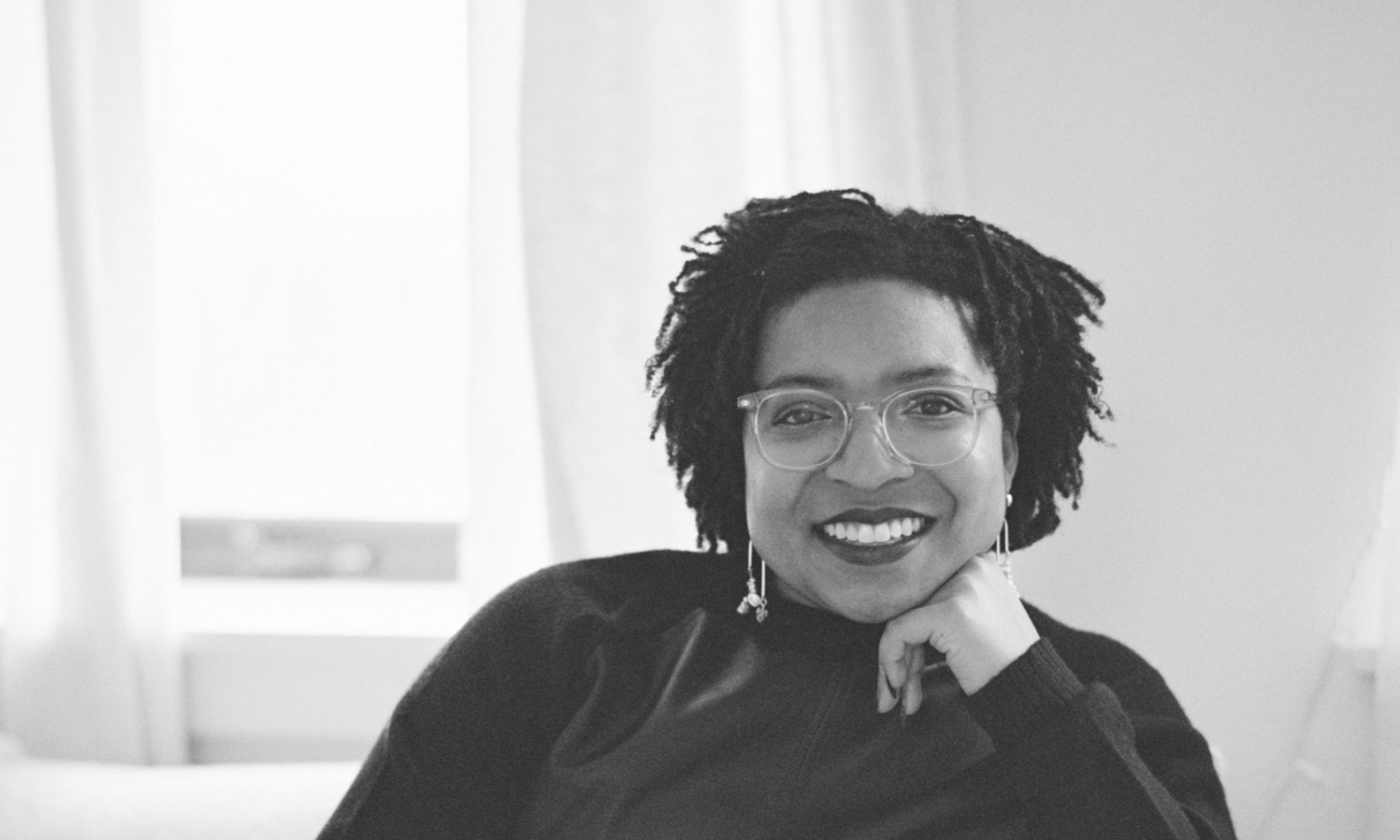As part of my day-job, I invest in founders. A lot of them happen to be women. A lot of them also happen to be Black women. I am so grateful for the opportunity and the honor that I have to invest in founders at the earliest stages of their journey. It is really an amazing experience to be able to say: “I believe in you so much that here is a six-figure check to help you build towards your dreams.” If you told me as a young Black girl growing up in San Diego, that this was my future, I would have never believed you! This is an amazing privilege and I don’t take it lightly.
For founders who are starting technology companies, I invest in their Pre-Seed round. The expectation is that the founder will, after raising their Pre-Seed round, raise follow-on financing. Their Seed round, Series A round, Series B round…, all the way to IPO.
When founders in the portfolio fundraise for a follow-on round, I often get e-mails and requests from VCs who are considering participating in that round. The questions they ask are usually focused on trying to get to the same answer: “Do I trust your judgment on this deal?” Peeling back the layers on that question is: “Was your judgment similar to mine on this deal?” In these conversations, very few people are asking me to introduce new facts to prove them wrong, instead, they’re looking for me to confirm their own ideas. Some firms even have a name for this “confirmatory due diligence”.
Peeling back the layers on this again. The questions that I get from VCs about my decision – especially given that I’m investing in the Pre-Seed stage – are often specific to the founder. Which is fair. At the time that I invest, my main bet is on the founder. VCs ask me questions like: But she’s not technical and/or she is a solo founder, how did you get comfortable investing? How do you feel about her leadership skills? Aren’t you worried that she won’t be able to build a big business?
Peeling back the layers on this again. Most often, given the racial make-up of this industry, the questions I’m asked come from a white person. Sometimes a white woman, sometimes a white man, but white all the same.
When they ask these questions about a Black woman founder to a Black woman investor, there are undertones here. There is history here.
Which leads me to the questions I’m starting to build the courage to ask in response. They are: So, is this your first investment in a Black woman? I’d love to know if these questions were explicit parts of your diligence for other investments. Have you considered how it might feel for me, a Black woman, to try and convince you (who might not have any Black female co-workers, friends or founders) to invest in a Black woman? Or how it might feel for me, a Black woman, to convince you, a white person, that we see the world in exactly the same way? How might that diminish my own confidence in my own unique perspective? How might that be tied to larger issues about how you might not see Black women as leaders, or as convincing, or as likeable, or as capable of building billion dollar companies?
The list goes on. These dynamics cannot be ignored. The world is propped up by racist institutions and we have to acknowledge this openly and honestly and its impact. If we don’t we are complicit in it.
